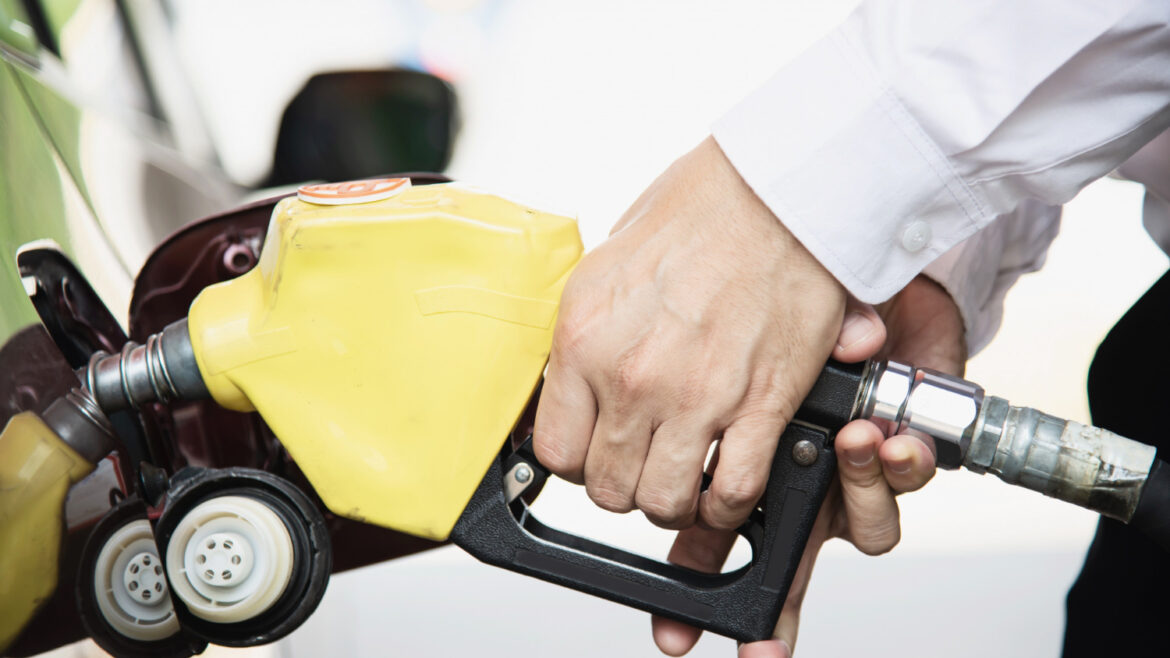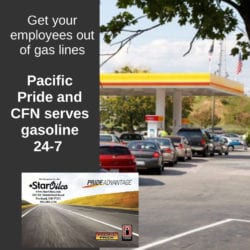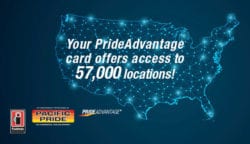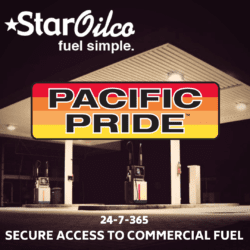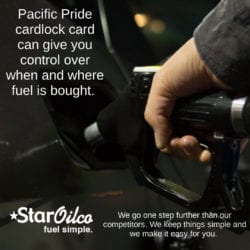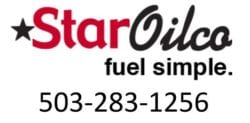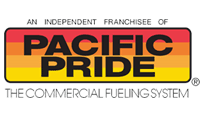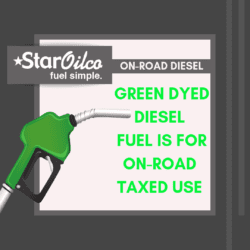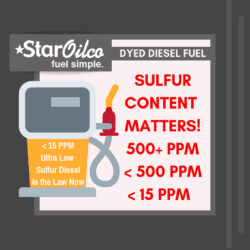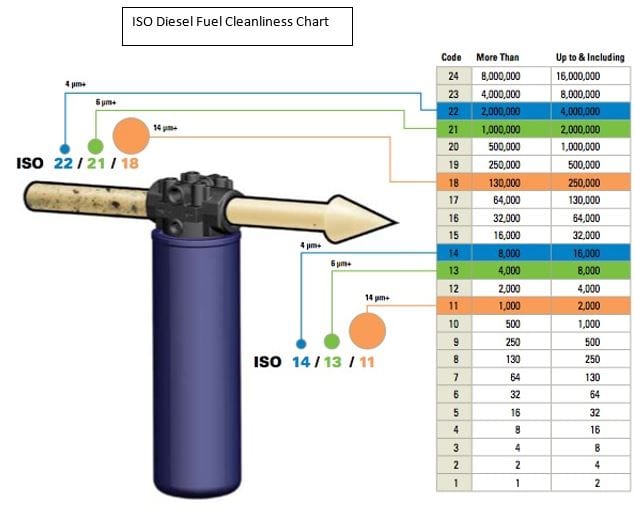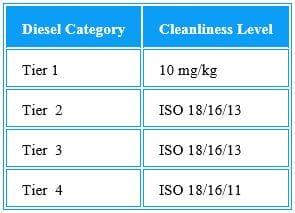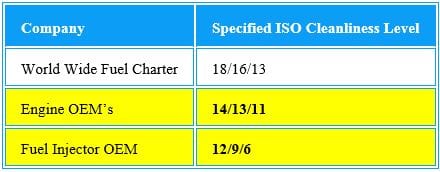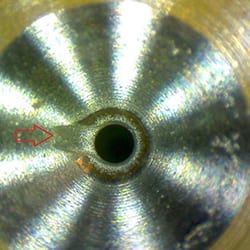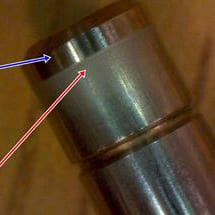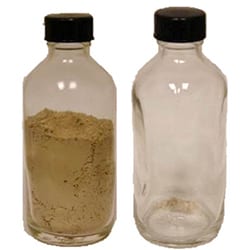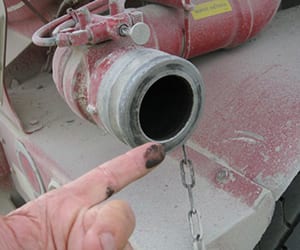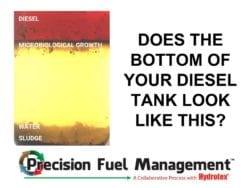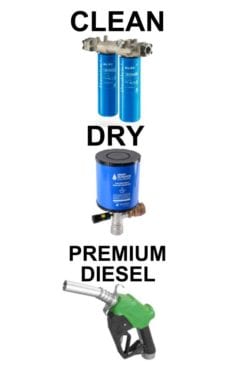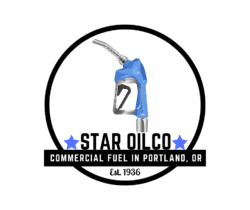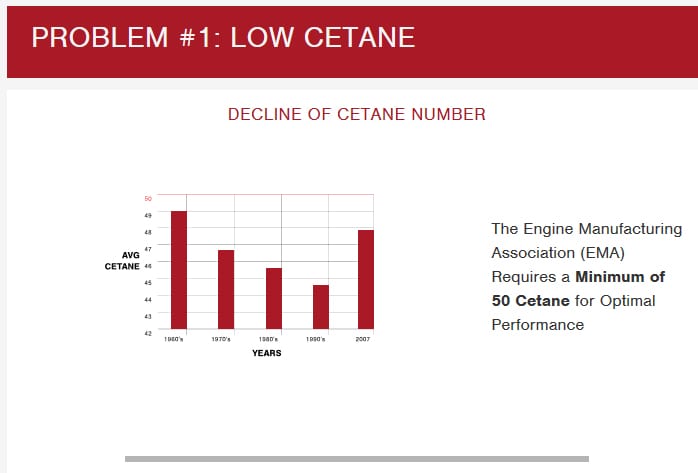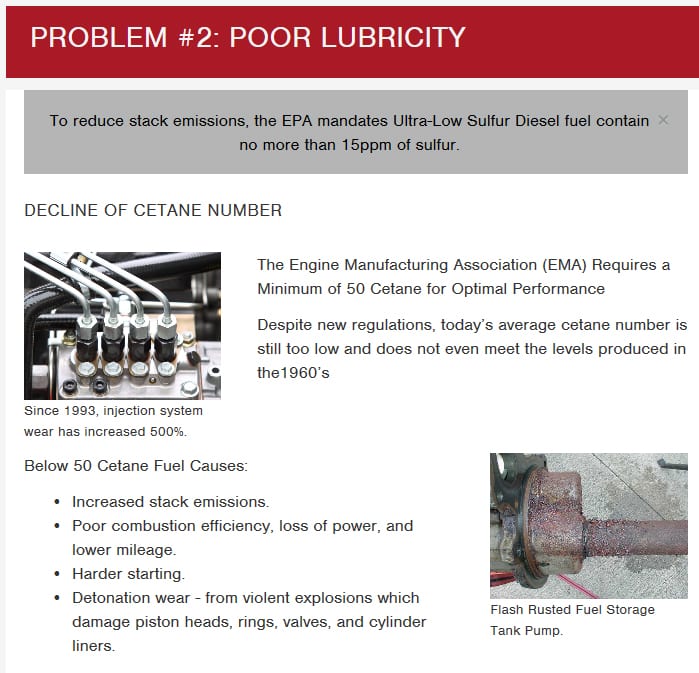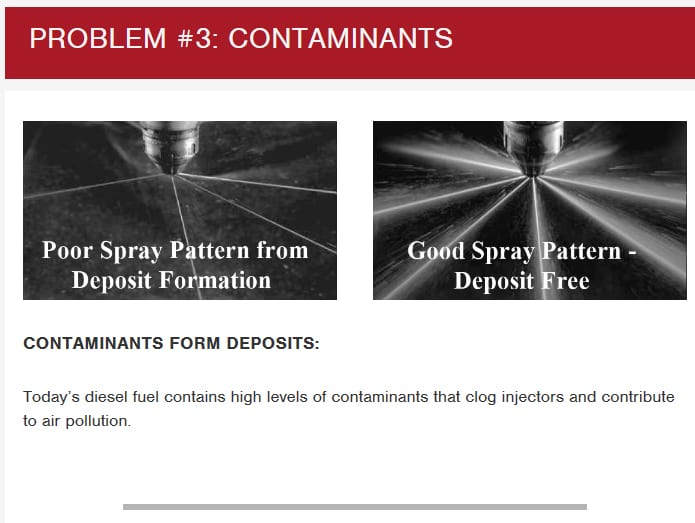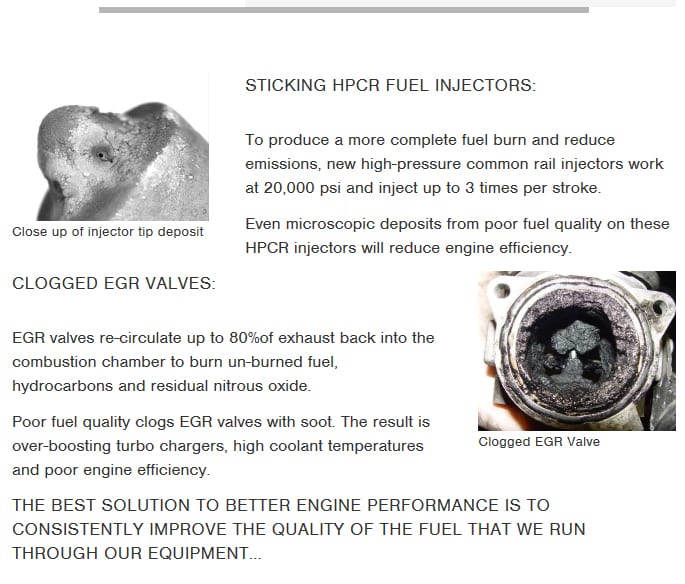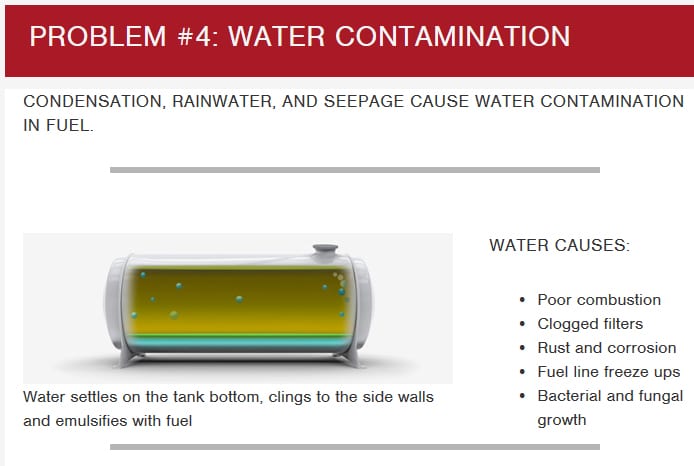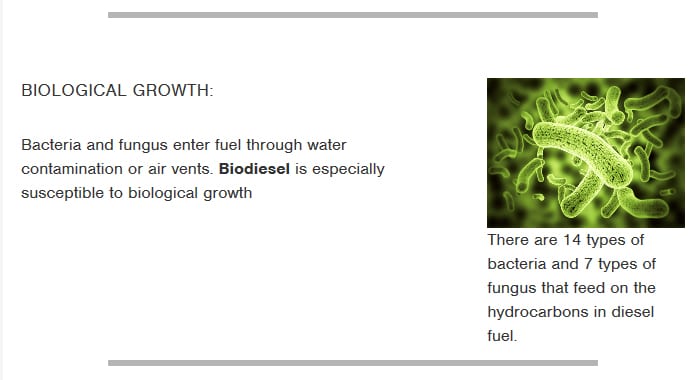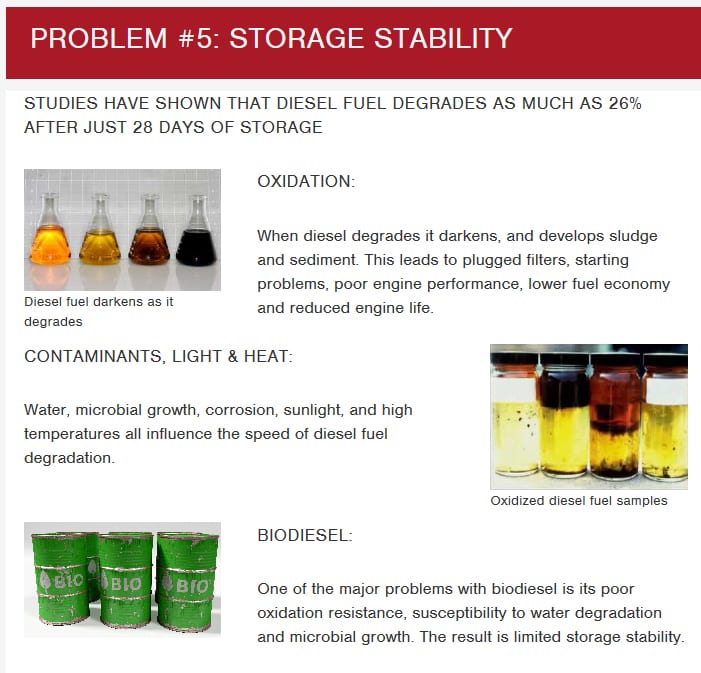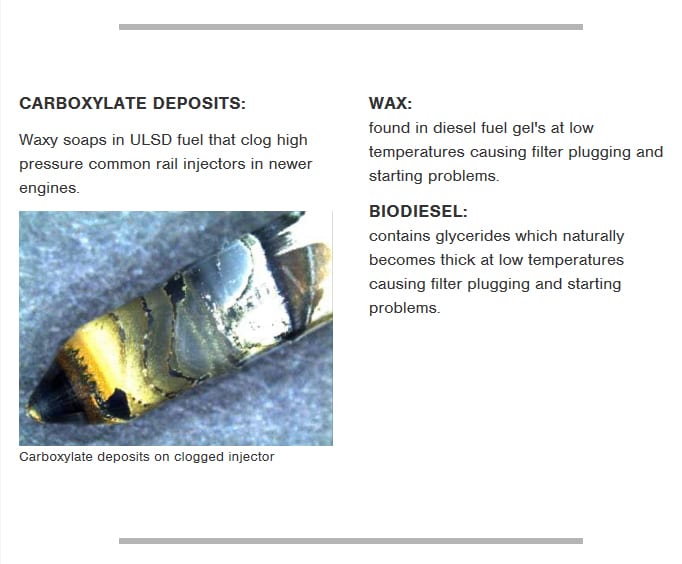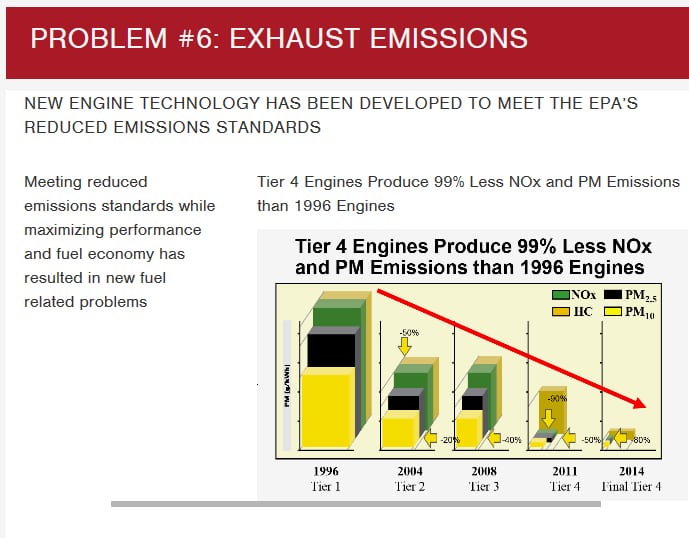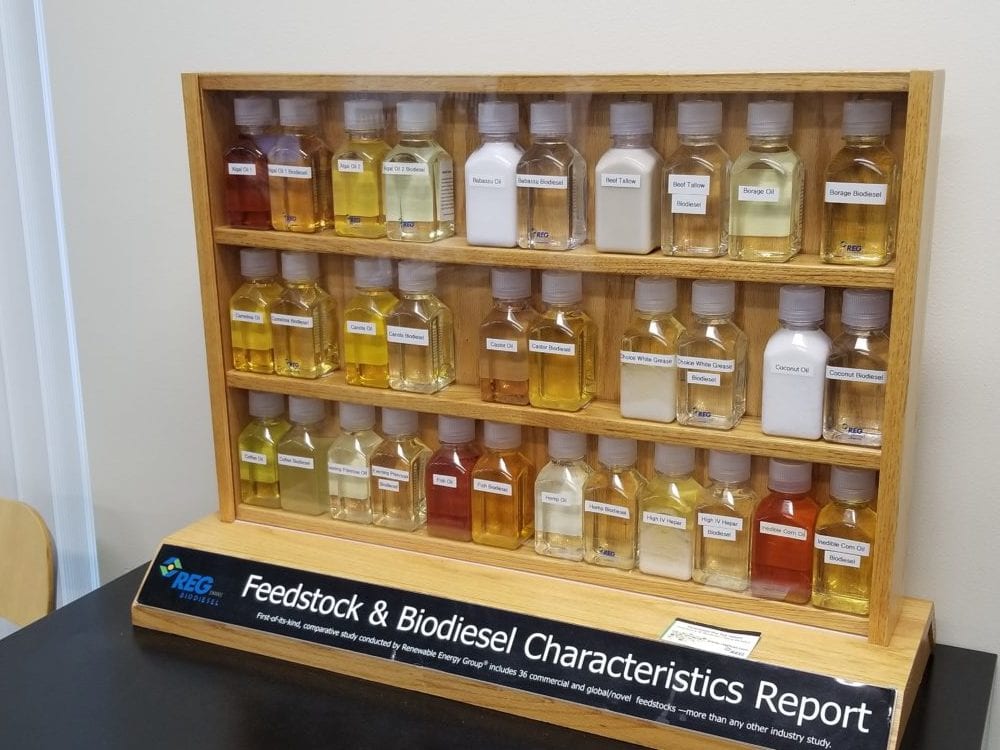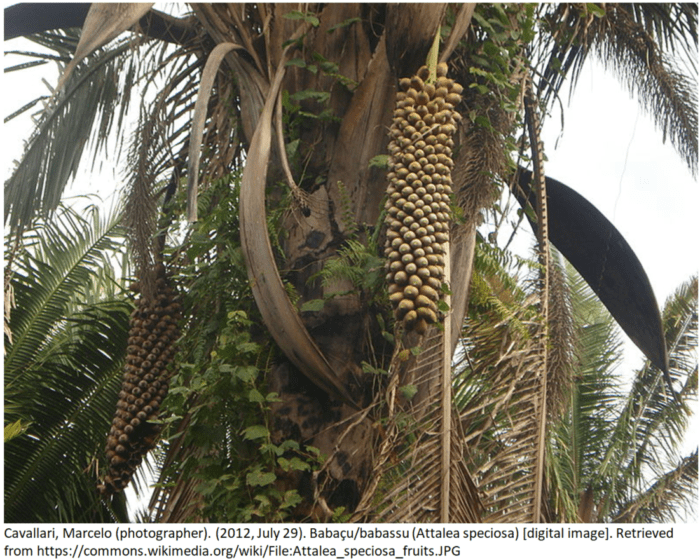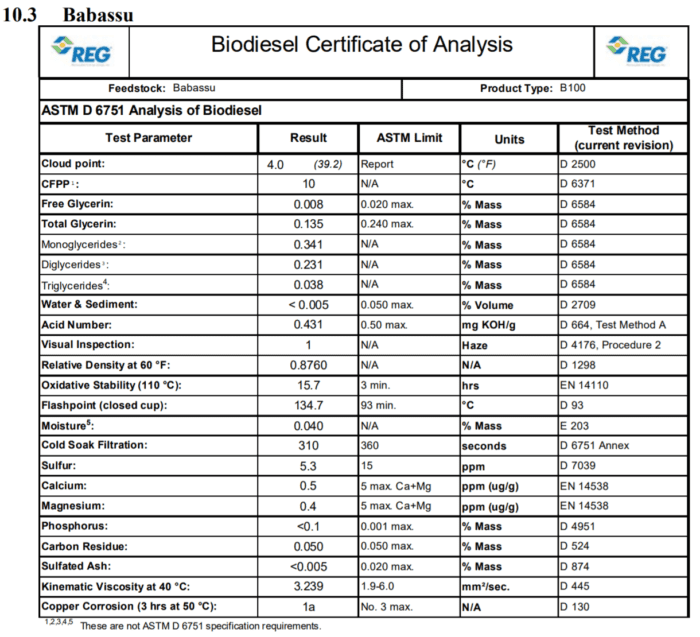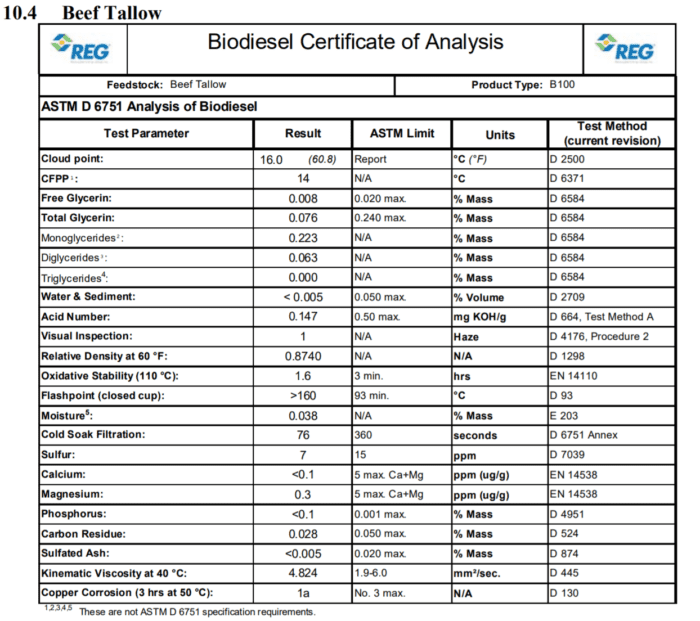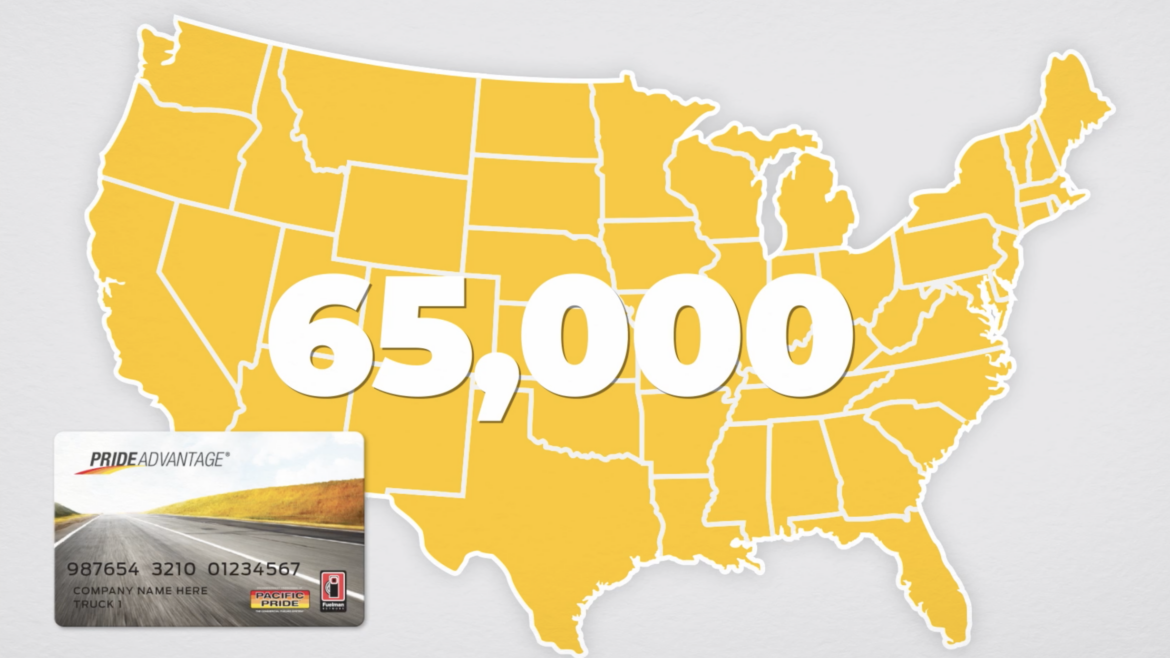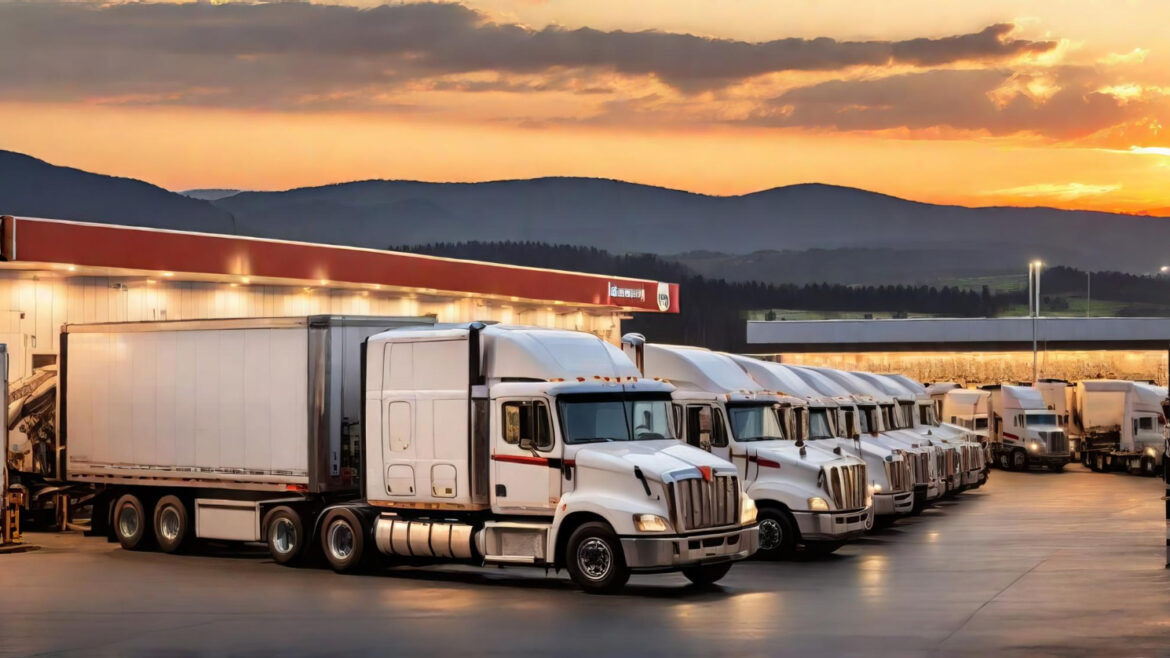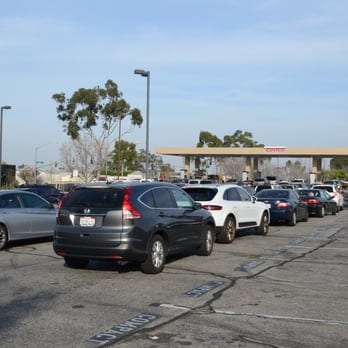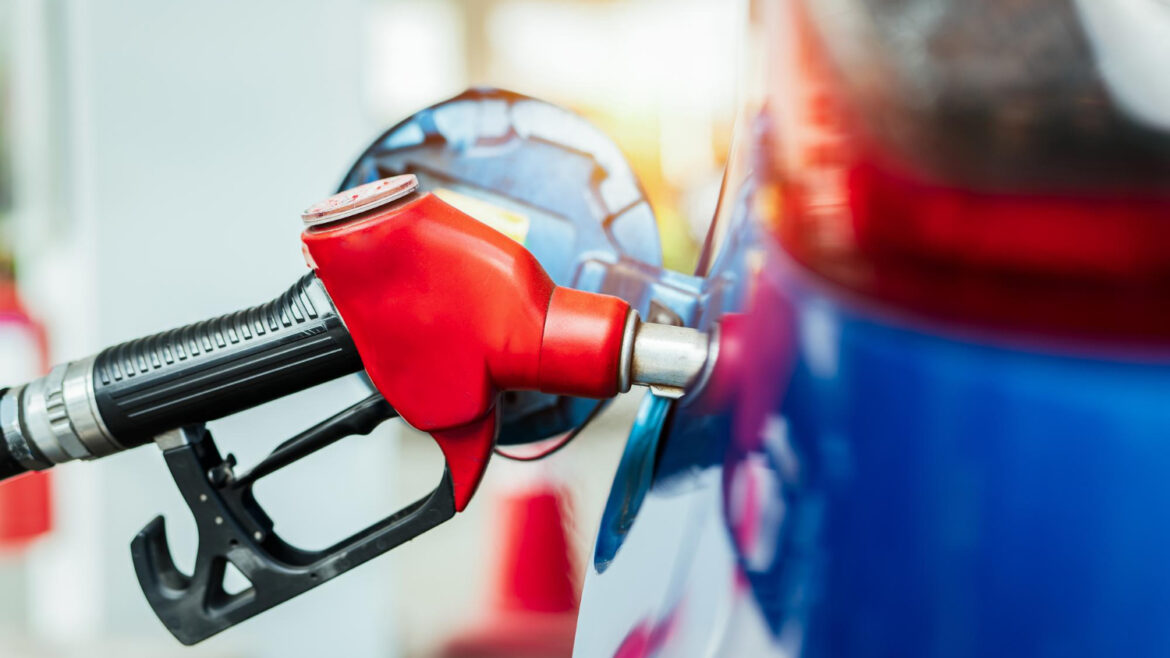Biodiesel Feedstocks – Moringa Oil & Neem Oil
We’re continuing our deeper look into different types of feedstock that Renewable Energy Group (REG) studied in 2009 in the Feedstock and Biodiesel Characteristics Report. This posts two feedstocks are Moringa oleifera Oil and Neem Oil. To see more of the feedstocks we have already covered follow this link to the main page of feedstocks we have examined so far.
Moringa oleifera Oil
Moringa oleifera is a tree with the common names moringa, drumstick tree, horseradish tree and ben oil tree. This tree ranges in height from 15 to 30 feet tall, and is native to India, Africa, Arabia, Southeast Asia, the Pacific and Caribbean islands, South America, and the Philippines. This deciduous tree is fast-growing and drought-resistant. It loves sun and heat and doesn’t tolerate freezing weather. Moringa oleifera is a slender tree with drooping branches, brittle stems and whitish-grey corky bark. It has feathery green to dark-green foliage tripinnate leaves and yellowish-white flowers. The trees usually begin producing about second year about 300 pods, but it can take a few years to get to the 1000 or more pods a good tree can yield.
This tree ranges in height from 15 to 30 feet tall, and is native to India, Africa, Arabia, Southeast Asia, the Pacific and Caribbean islands, South America, and the Philippines. This deciduous tree is fast-growing and drought-resistant. It loves sun and heat and doesn’t tolerate freezing weather. Moringa oleifera is a slender tree with drooping branches, brittle stems and whitish-grey corky bark. It has feathery green to dark-green foliage tripinnate leaves and yellowish-white flowers. The trees usually begin producing about second year about 300 pods, but it can take a few years to get to the 1000 or more pods a good tree can yield.
There are a vast amount of uses for this tree. According to Purdue University, almost every part of the plant has value as a food. The seeds can be eaten like a peanut, the roots can be eaten and taste like horseradish, and the leaves are eaten in salads, curries and used for seasoning.
The plant has other non-food uses include Moringa seeds being pressed for oil. This oil is used in arts and lubricating small and delicate machines, and it clear, sweet and odorless it is edible and is also used in manufacturing perfumes and hair products. The wood can be used to create a blue dye and the bark is used in tanning.
The oil from the seeds contain between 33 and 41 % oil. It is also known as Ben Oil, due to its content of behenic (docosanoic) acid. This oil can be used in the production of biodiesel, (Source) and the remaining seed cake can be used as fertilizer.
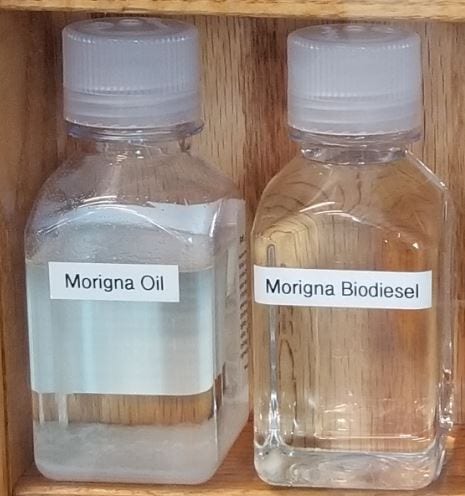
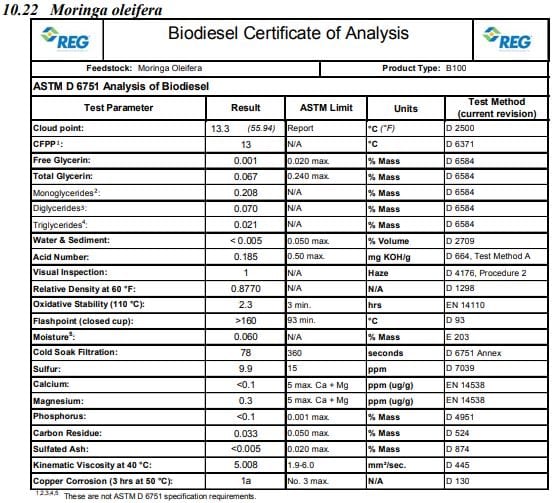
Neem Oil
The Neem tree is also known as nimtree, Indian lilac, or margosa tree.  The scientific name is Azadirachta indica. This large evergreen tree that is usually 49 to 66 ft tall but can get as big as 130 ft tall. This fast growing tree is found in India, Pakistan, Sri Lanka, Burma, Malaya, Indonesia, Japan, and the tropical regions of Australia. It has long skinny leaves that are dark green in color and produces white fragrant flowers. The flowers produce a smooth olive like fruit. The seed in the center is called the kernel which contain 40-50% of an acrid green to brown colored oil. The oil in the REG study was pure, cold pressed neem oil that was purchased from The Ahimsa Alternative, Inc.
The scientific name is Azadirachta indica. This large evergreen tree that is usually 49 to 66 ft tall but can get as big as 130 ft tall. This fast growing tree is found in India, Pakistan, Sri Lanka, Burma, Malaya, Indonesia, Japan, and the tropical regions of Australia. It has long skinny leaves that are dark green in color and produces white fragrant flowers. The flowers produce a smooth olive like fruit. The seed in the center is called the kernel which contain 40-50% of an acrid green to brown colored oil. The oil in the REG study was pure, cold pressed neem oil that was purchased from The Ahimsa Alternative, Inc.
This tree can tolerate high to very high temperatures but does poorly in temperatures below 40o F. It grows best in dry, sandy well-draining soil. (Source) Neem trees are drought resistant, but begin to lose leaves in prolonged droughts. The tree propagates itself by seeding and in some non-native environments the plant has been classified as a weed.
There are many uses of the Neem tree. The wood is strong and durable, the tree is related to the mahagony family, so furniture and other durable good can be made from the wood. The leaves are dried and used in cupboards as an insect deterrent to prevent insects from eating clothes and rice. The trees oil and products can be found in shampoos, soaps creams, toothpastes and mouthwashes. The young twigs are even used as toothbrushes in rural areas. (Source) The oil extracted from the seeds are used as a natural insecticide, repellent and fungicide. The oil is also used as a lubricant, lamp fuel and can be turned into biodiesel.
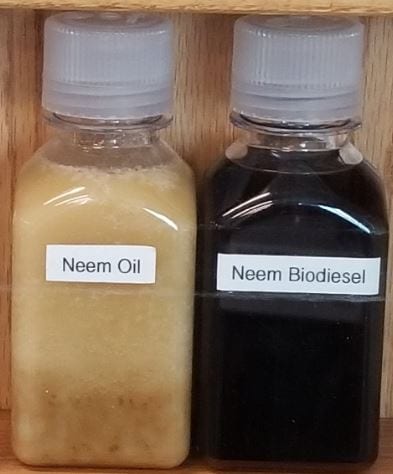
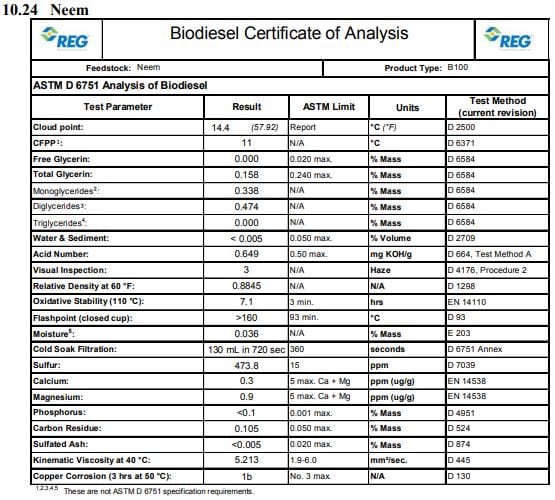
Last article for biodiesel feedstocks was Lesquerella Oil & Linseed Oil.



